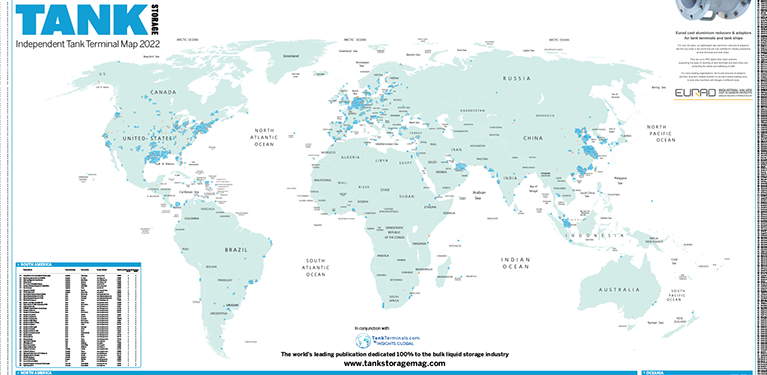Oil producers have set their stocks out to sea by storing 50 million barrels in supertankers, as supply floods the market.
The swell in floating storage, which constitutes enough to meet France' oil imports for a month and the biggest since late 2001, is likely to pressure the Opec oil cartel to make commit to a greater production plunge to reduce stocks.
'Everybody is supporting a cut,' Chakib Khelil, Opec president, says.
Storing oil in tankers is significantly more expensive than inland.
Oil prices rose briefly above $50 (€35.40) a barrel, recovering from a four-year low of $40.50 earlier in December. Oil later traded $1.30 down at $44.95 barrel on concerns that Opec' cuts would not be enough to prevent further stock building.
Several Opec officials have suggested a 2 million barrel a day cut, the largest in recent history and are looking to persuade Russia, the world's largest oil producer outside the cartel, to make a reduction.
As many as 25 supertankers each holding about 2 million barrels are being used as floating storage worldwide. Companies such as BP and Royal Dutch Shell and traders such as Vitol and Koch are named as holders of the oil.
In November Opec ministers said they intended to reduce developed countries' oil stocks from the equivalent of 56 days of demand to 52.
But the surge in floating storage indicates that tanks are full, in spite of Opec having announced 2 million barrels a day in cuts. Inventories have risen to almost 57 days demand.














